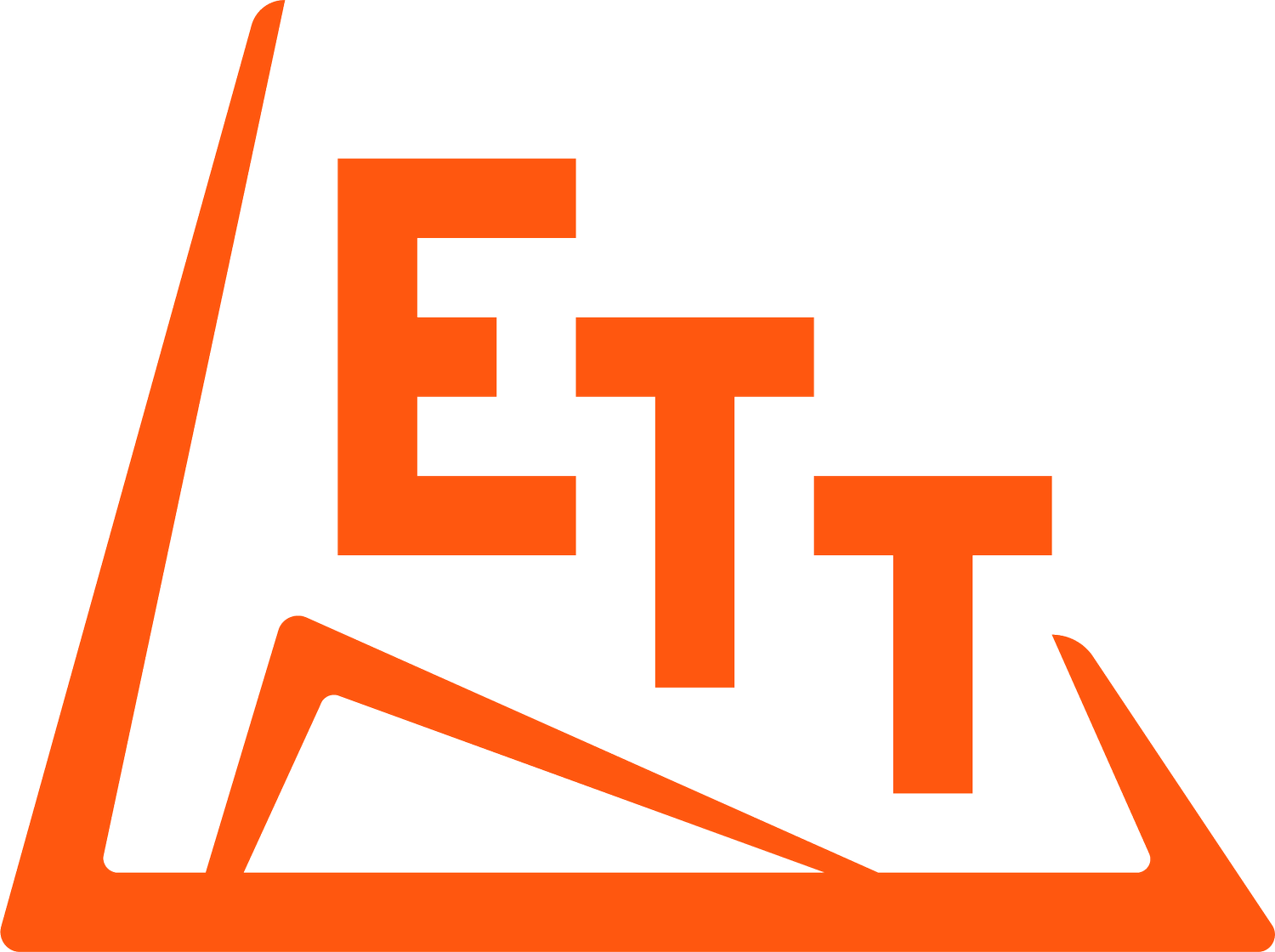A Team Approach to UTMB OCC Success
Kris Jones has (already!) had a very diverse running career - from orienteering to track, road, cross-country, and trail representing his country in each discipline (most recently at this year’s European Off-Road Running Championships where he secured team gold in the Uphill and silver in the Up & Down races). He’s now also achieved success in the UTMB World Series, running a fantastic OCC race and finishing in 6th place.
Thanks to the multidisciplinary ETT approach, Kris was able to fine tune his preparation to improve on uphill speed (while not living in the mountains), increase carbohydrate intake, and optimise recovery and mindset.
© UTMB
Training for the climbs
Athletes who don’t have easy access to hills may find the profile of UTMB races quite daunting. The OCC climbs c. 3500m over the 57 km distance, with the longest climb from Trient to Col de Balme contributing 1226m of that in one go. Analysing the course profile, Kris and Performance Director Doug identified the climbing speed required on each climb to be competitive in this race. Doug recommended that Kris start working on his climbing speed by introducing incline treadmill and stair climber workouts to his TrainingPeaks training plan.
These new training stimuli would enable Kris to increase his ascent speed over longer climbs, especially in the crucial last ascent of the race - the sharp 650m hill from Argentière to La Flégère.
Increasing carbohydrate intake
Working with High Performance Dietitian Rebecca, Kris also focused on increasing his ability to fuel during the event, particularly as the OCC would be the longest race he had done. Rebecca introduced him to a new brand of gel that worked for him, making it possible to keep eating up to 112 grams of carbs per hour. He also focused on having an adequate amount of sodium and fluid intake to help ensure performance in the hot conditions this year - drinking 1.1 litres per hour and adding c. 818 mg of sodium per hour.
© UTMB
Optimising recovery and mindset
Training and fueling well are important pieces of the performance puzzle, but the stress of a busy running season can reduce their impact if athletes don’t pay attention to recovery. Working with ETT High Performance Sleep Specialist Charlotte, Kris took his sleep seriously and it paid off! One of the great race day success factors was his ability to sleep well the night before. He even woke up for breakfast and went back for a nap before it was time to set off - truly maximising his energy and relaxation levels ahead of go-time.
At ETT, we also work closely with athletes to improve their confidence and help them relax and perform their best under pressure. Our sports psychologist Dr Josephine Perry helped Kris develop plans and processes to make him comfortable on race day. Kris also credits his work with Josie for giving him confidence to stick to his race plan on the day - a key ability of successful athletes to not let themselves be derailed by what’s going around them.
Other elements linked to Kris’ success included having a heat acclimatisation protocol in his plan, a recce of the race route in advance, and using lab testing at Loughborough University - allowing for training zones to be set.
Putting together a successful race season
Kris’ trail running season has developed over the past 8 months of planning and executing at various events. Starting off with TransGransCanaria to gain experience and learnings, to short and fast events, from the British Athletics team selection events for the European Championships, to the races themselves in Annecy.
There are, of course, opportunities for further improvement. Next up, we’ll work on developing muscular endurance, especially for the downhill segments of races, and target an improved performance at UTMB OCC 2025!



